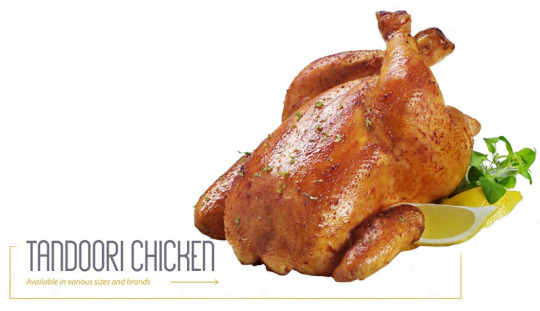A halal diet can work wonders for a person striving to cut down his/her level of cholesterol, saturated fat, and alcohol intake. Halal, means conforming to the dietary laws of Islam, is the lawful diet and lifestyle of the people who follow Islam. Halal does not invite all types of non-vegetarian foods but restrict the use of pork from consumption as well as well as refrain from alcohol. The Benefit of Eating Halal Food as well as other nutritious foods, he/she may is less susceptible to contracting a variety of health problems.
A halal diet is specifically advantageous when a dieter strictly lays emphasis on eating a healthy diet and abides by the restrictions the eating plan prescribes. The halal diet typically excludes a variety of foods, including red meat (pork) or its by-products, foods that are consisted of animal blood, rapacious birds, and animals that died due to natural or unnatural causes with the exception of being slaughtered for food. Halal Food also prohibits the land animals that lack visible ears. Moreover, people who strictly abide by this diet steer clear of meats that were not slaughtered as per the techniques dictated by Muslim law.
The obligation to steer clear of pork and its by-products can be constructive as a lot of pig products are constituted of a vast range of amounts of cholesterol, which gives rise to cardiovascular disease. Similarly, some people, specifically those who are adherent to Islam, are of the view that pig is a filthy animal and its meat is harmful to our body. The amount of saturated fat that is abundant with pig’s by-products is another valuable reason they are limited to a halal diet. For example, a by- Product of pork called lard is abundant with a massive quantity of saturated fats and cholesterol. A heightened amount of saturated fat can give a rise to one’s cholesterol levels and trigger the rise of various health concerns, for example, cardiovascular disease. A lot of professionals recommend that a person replaces the lard with plant-based fats, for example, olive or canola oils, notwithstanding whether he/she follows a halal diet.
Another great benefit of halal regimen is the prohibition of alcohol. When alcohol is consumed in a surplus amount, it may prove very serious to the organs, for example, the liver, pancreas, and brain. Over-consumption of alcohol can also give a heart stroke and cirrhosis of the liver. Following a halal diet is a great way to ensure that your organs are not depressingly affected. Moreover, alcohol incorporates additional calories to one's diet, which can be a big concern for a person striving to lose weight.
For more information on the health benefits of eating halal food, please visit the website skfoodsltd , the leading Wholesale Meat Suppliers UK
